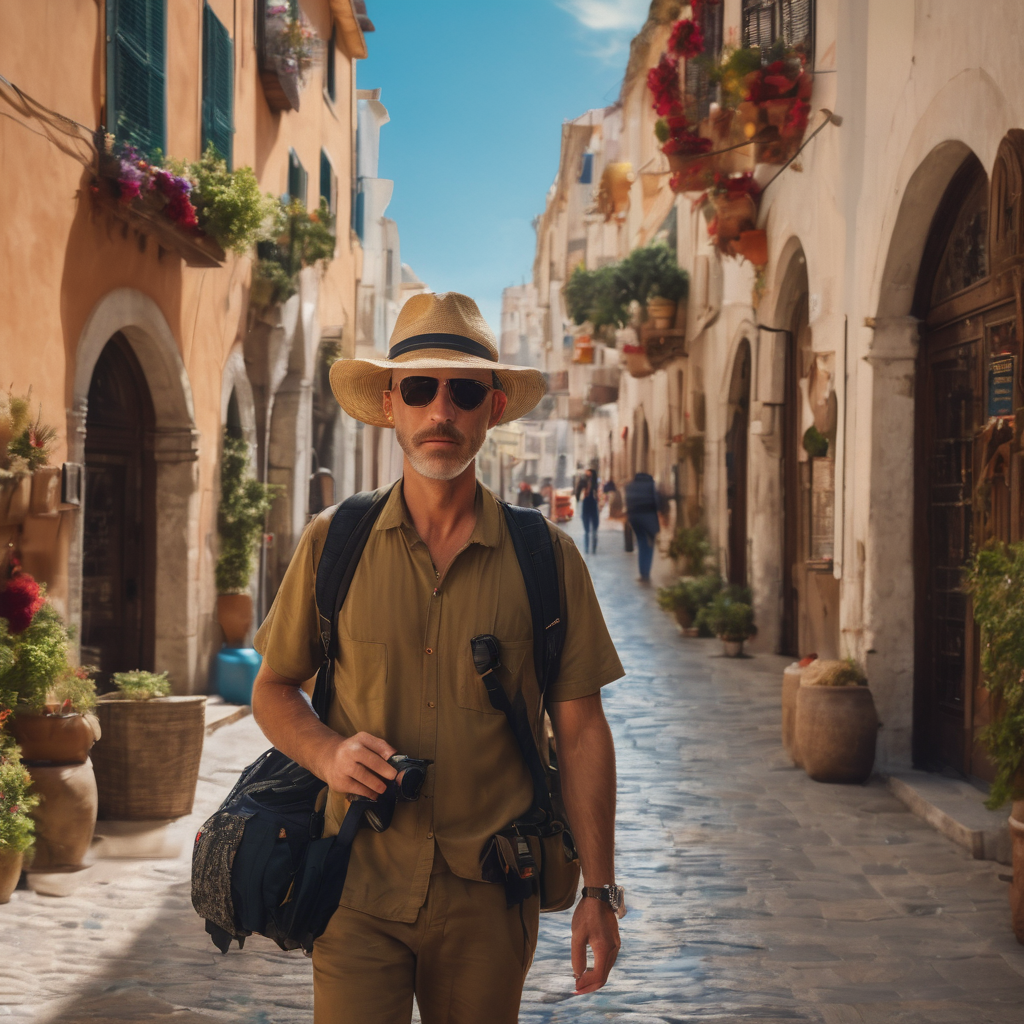Remote work changed the game for business travel. No longer chained to offices, today's workforce can mix work with leisure more fluidly than ever. This has fueled a revival of "work tourism" - blending travel escapades with getting the job done. For destinations and hospitality brands, this represents an enormous opportunity to capture business travel demand in new ways. But doing so requires building specialized teams focused on the work tourist segment. At Manning + Company, we leverage our deep travel industry expertise to help clients source the talent they need to cater to this fast-growing audience.
The Rise of Work Tourism
Prior to 2020, "workations" were a niche pursuit, relegated to digital nomads and the rare employee with flexible arrangements. But remote work hit the mainstream during the pandemic, opening new possibilities for combining work and travel.
No longer bound to physical offices, millions of professionals can now work from anywhere. This has blurred the lines between business and leisure trips. Travelers are scheduling longer stays, timing getaways to remote destinations around work blocks, and planning "bleisure" (business + leisure) trips.
In a recent study, 70% of travelers reported wanting to include remote working in their next trip. The work tourism segment is projected to grow to $275 billion annually by 2025.
For many destinations, remote workers represent an attractive target audience:
They stay longer, providing more lodging revenues
They spend money at local businesses during the week
They pay travel expenses themselves rather than expensing costs
Hospitality companies also have much to gain by catering to work tourists' unique needs around spaces, amenities, and technology.
Building The Right Teams
While work tourism unlocks major opportunities, it also poses challenges for travel companies. Effectively targeting this audience requires moving beyond marketing to holistically designing experiences.
At Manning + Company, we leverage our deep networks to help assemble dedicated "work tourism" project teams for hospitality clients. Key roles where we provide advisory include:
Remote Work Experience Design - Envisioning end-to-end experiences optimized for productivity.
Analytics & Segmentation - Tracking and analyzing work tourist behavior and needs.
Ancillary Services - Crafting B2B offers like office space rentals, equipment, and supplies.
Partnerships - Building networks with companies catering to remote workers.
Property Management - Ensuring the right on-site spaces, amenities, and tech.
IT & Digital - Delivering reliable connectivity, cybersecurity, remote access.
Operations & Staffing - Training all staff on serving work tourists.
Our team understands the range of capabilities needed to deliver successful work-focused travel experiences. We can quickly source talent from across hospitality, workplace experience, and corporate travel.
Long-Term Potential
Work tourism is more than just a passing trend. Remote work flexibility is here to stay, and younger generations embrace the concept of "work from anywhere."
While economic uncertainties could curb its growth in the short-term, the long-term outlook is highly compelling. Forward-thinking travel companies have a prime opportunity to get ahead.
At Manning + Company, we're passionate about the future of work and future of travel. Let's connect to discuss how we can help you build the optimal team to lead in Work Tourism 2.0.
